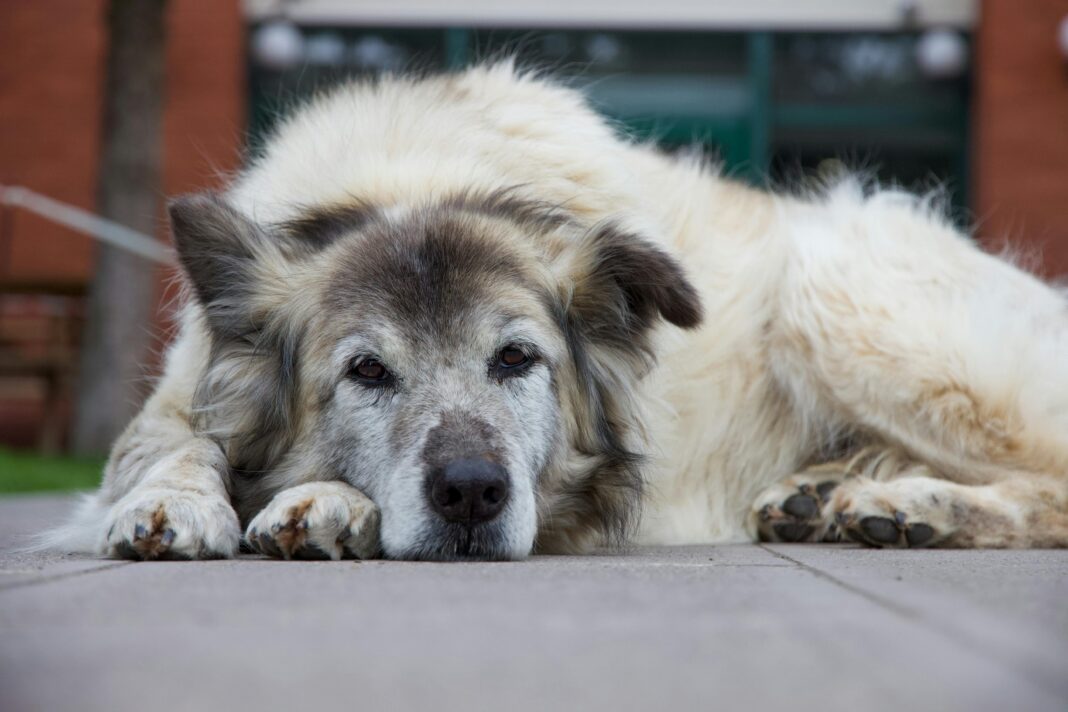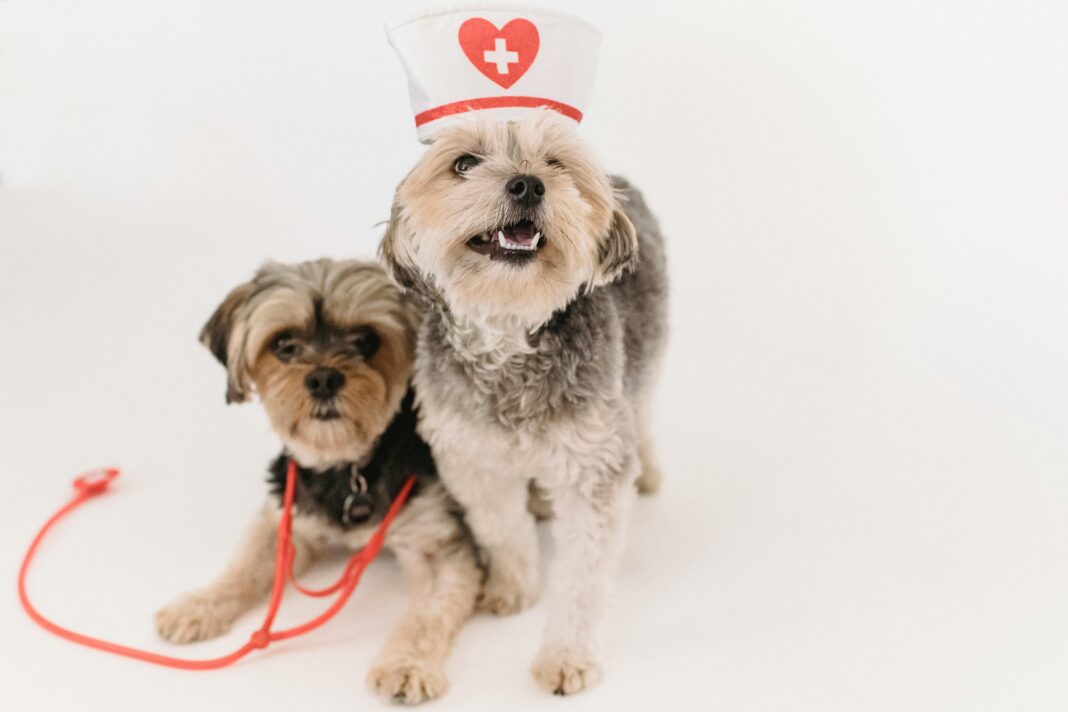As pets age, their health needs evolve, making it essential for pet owners to pay special attention to their senior companions. Just like humans, older pets require tailored care to ensure their quality of life remains high. This guide provides comprehensive tips on how to care for your senior pets, covering everything from routine check-ups to diet modifications and exercise.
Understanding the Aging Process in Pets
The Signs of Aging
Senior pets typically start showing signs of aging around 7 years old, although this can vary based on breed and size. Common signs include:
-
- Decreased energy levels
-
- Weight gain or loss
-
- Changes in appetite
-
- Difficulty in mobility
-
- Altered behavior, such as increased vocalization or lethargy
Recognizing these symptoms early can lead to timely intervention and better management of age-related issues.
Why Regular Vet Visits Matter
Regular veterinary check-ups are crucial for senior pets. During these visits, your vet can monitor for age-related conditions like arthritis, dental disease, kidney disease, and more. Aim for biannual visits to ensure that any changes in your pet’s health are caught early.
Nutrition for Senior Pets
Importance of a Balanced Diet
One of the most significant aspects of senior pet care is their diet. Older pets often require different nutritional needs compared to younger animals. A senior pet diet is usually lower in calories to prevent obesity and higher in fiber to aid digestion.
Probiotics and Supplements
Incorporating supplements, such as omega-3 fatty acids for joint health, can be beneficial. Probiotics can also help maintain gut health, which is essential for overall well-being. Always consult your veterinarian before starting any new supplement regimen.
Exercise: Keeping Your Senior Pets Active
Tailored Exercise Routines
While senior pets may not have the same energy as they once did, regular exercise is still vital. Tailor their routines to include:
-
- Shorter but more frequent walks
-
- Gentle play sessions—consider using toys that encourage mental stimulation.
Monitoring Mobility
Keep an eye on your pet’s mobility. If they seem hesitant to jump or run, consult your vet about possible joint health issues or pain. Products like joint supplements or even physical therapy could provide relief and improve their quality of life.
Dental Health in Senior Pets
Regular Dental Cleanings
Dental health can significantly affect your pet’s quality of life, especially as they age. Bacteria from dental issues can lead to heart and kidney problems. Schedule professional dental cleanings annually, and keep up with at-home care by brushing your pet’s teeth regularly.
Recognizing Dental Issues
Common signs of dental trouble include bad breath, difficulty eating, and excessive drooling. If you notice these symptoms, take your pet to the vet for a dental examination.
Mental Stimulation and Socialization
Engaging Your Senior Pet’s Mind
Mental health is just as important as physical health. Senior pets can become bored and depressed if not challenged mentally. Engage their minds with:
-
- Puzzle toys
-
- Obedience training
-
- Trying new tricks
Maintaining Social Interactions
Socialization remains critical. Regular interaction with family members or other friendly pets can help stave off feelings of loneliness and anxiety.
Grooming Needs of Older Pets
Adapting Grooming Routines
Grooming is essential for keeping your senior pet comfortable. As pets age, their coats may become matted and their skin drier. Regular brushing helps keep their coat healthy and can be a bonding experience.
Bathing and Skin Care
Older pets may require more frequent baths due to changes in skin oil production. Choose gentle shampoos formulated for sensitive skin, and keep an eye out for signs of skin conditions or allergies.
Monitoring Weight and Health
Keeping a Close Watch
Weight management is crucial for senior pets. Regularly check your pet’s weight and adjust their diet and exercise based on their needs.
Recognizing Weight Loss
Sudden weight loss can indicate health issues such as dental problems, diabetes, or thyroid issues. Consult your veterinarian if you notice rapid changes in weight.
Creating a Comfortable Environment
Modifications for Mobility
Make your home comfortable for senior pets by providing soft bedding and easy access to their favorite spots. Consider using ramps or pet stairs to help them navigate around the house.
A Stable Routine
Senior pets thrive on routine. Establish consistent feeding, walking, and playtimes. This familiarity can reduce anxiety and help them feel secure.
Conclusion
By understanding the specific needs of senior pets and taking proactive measures, you can ensure your furry friends live their golden years comfortably and happily. Always remember that your veterinarian is your best resource in navigating your pet’s health journey, so prioritize regular check-ups and open communication with them. Taking these steps not only enhances your pet’s life but also strengthens the bond you share, providing them the love and care they deserve as they age.





